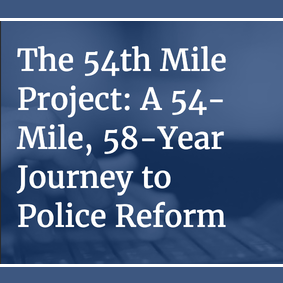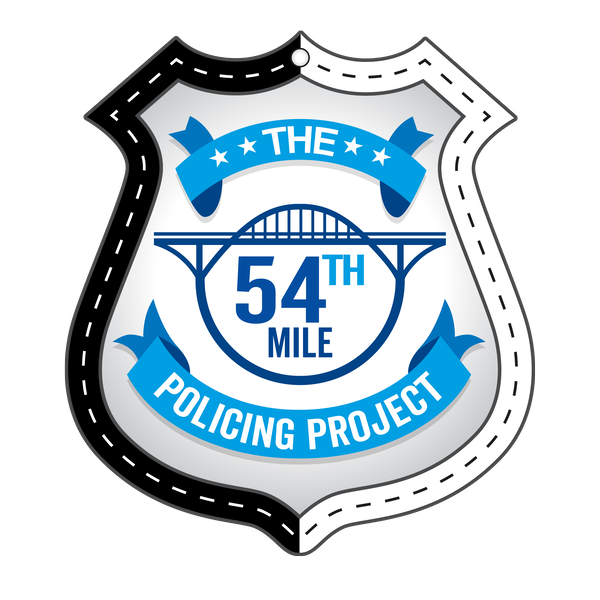Why Walk 54 Miles?
Fifty-four miles lay between Selma and Montgomery, Alabama. This was the path taken by civil rights marchers in 1965 as part of a peaceful protest against systematic discrimination toward Black Americans that hindered their right to vote.
Jimmie Lee Jackson, Bloody Sunday, and the March to Montgomery
On February 18, 1965, Alabama State Troopers fatally shot an unarmed civil rights activist, Jimmie Lee Jackson. A champion for equal voting rights, Jackson died protecting his mother, who was attacked by police during a demonstration in Marion, AL.
In response to Jackson's death and ongoing violation of civil and voting rights in Alabama, local civil rights leaders organized a 54-mile march from Selma to Montgomery, intending to take their cause directly to Governor George Wallace in the state’s capital. Led by 25-year-old activist John Lewis, on March 7, 1965, over 600 demonstrators began this march through Selma’s downtown but were blocked by state troopers on the Edmund Pettus Bridge. When the marchers refused to yield, the troopers attacked demonstrators using tear gas, nightsticks, and other means of violence. Television cameras captured the confrontation, giving Americans a front-row seat to “Bloody Sunday.”
Marchers, including Dr. Martin Luther King, Jr., were again blocked by police two days later as they crossed the bridge. It wasn't until March 25th, 1965, that Dr. King and the 25,000 marchers with him could complete their march to the Alabama State Capitol Building and Governor Wallace's office.
Walking Towards Changes
The 54-mile march inspired not only the American public but the United States Congress, leading to the passing of the Voting Rights Act of 1965. The Edmund Pettus Bridge remains a powerful landmark for the Civil Rights Movement.
The Experience of the 54th Mile Co-Creators
In the summer of 2020, Drs. Tarrick McGuire, Obed Magny, and Shon Barnes retraced the steps of the historic 54-mile civil rights march by walking from Selma to Montgomery, Alabama. In April 2023, these men sat down with the Office of Justice Program’s Justice Today Podcast to discuss their journey and the work it inspired.
The Justice Today Episode on the 54th Mile Policing Project

Blog Post from the Bureau of Justice Assistance

Stay Connected!
We’re just getting started! There will be much more to share in the coming months.
Sign up to be notified when additional content and announcements for the 54th Mile Policing Project are available.
"*" indicates required fields
